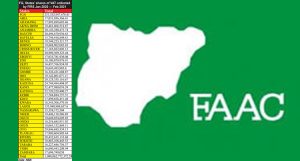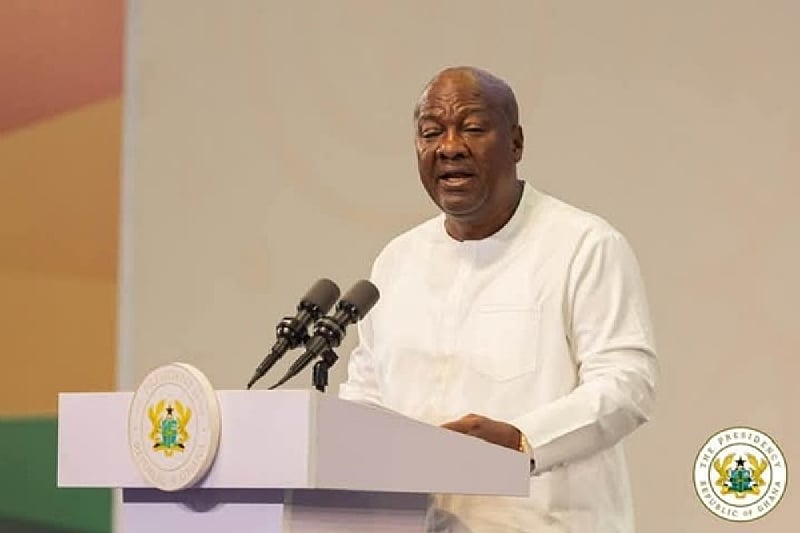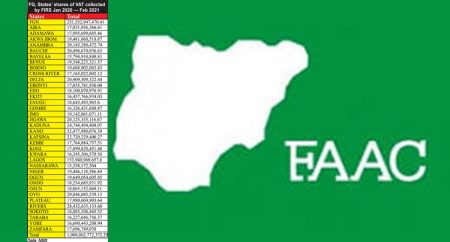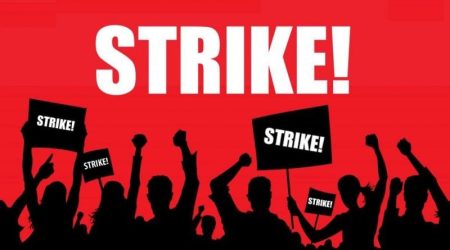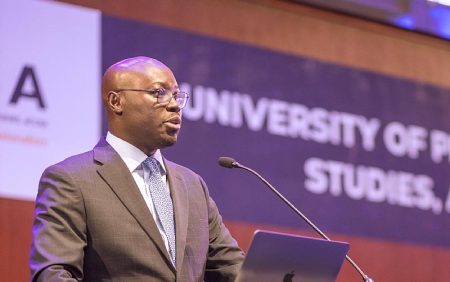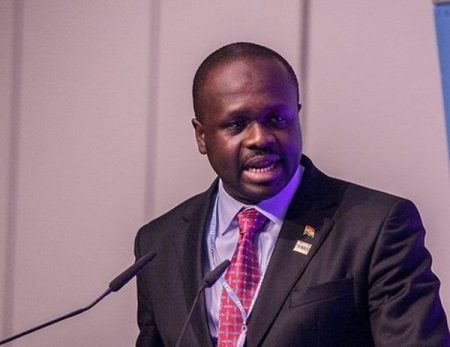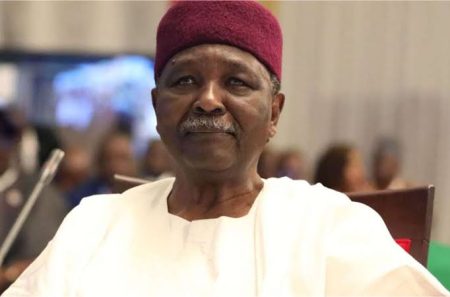President John Dramani Mahama’s address to Organized Labour painted a stark picture of Ghana’s economic situation, emphasizing the need for stringent measures and shared sacrifice. He acknowledged the prevailing economic hardship and pledged his government’s commitment to fiscal discipline, assuring the public that the political class would not be exempt from the necessary belt-tightening. This commitment aimed to address the growing distrust of the political elite, often perceived as insulated from the economic struggles faced by ordinary citizens. Mahama stressed that wasteful expenditure would be curtailed, signaling a shift towards prudent financial management.
The President didn’t shy away from attributing the current economic woes to the mismanagement of the previous New Patriotic Party (NPP) administration. He characterized their handling of the economy as “criminal,” describing Ghana as a “crime scene” due to the perceived recklessness of the previous government’s financial decisions. This strong indictment of the NPP’s economic stewardship served to underscore the severity of the situation inherited by his administration and justified the drastic measures being considered. Mahama’s candid assessment aimed to establish transparency and accountability, setting the stage for the difficult decisions that lay ahead.
Central to Mahama’s proposed solution was a drastic reduction in government expenditure. He directed Finance Minister Dr. Cassiel Ato Forson to implement sweeping cuts across all government sectors, including the executive branch itself. This directive emphasized the shared sacrifice necessary to navigate the economic crisis, demonstrating that the government was willing to lead by example. Mahama presented the stark choice between facing the difficult reality and implementing painful cuts or burying their heads in the sand and allowing the economy to collapse, a scenario with devastating consequences for Ghanaian households. This emphasized the urgency and necessity of the proposed austerity measures.
Mahama’s insistence on fiscal discipline extended beyond mere rhetoric. He emphasized the need to confront the economic crisis head-on, rejecting the temptation to ignore the problem or postpone difficult decisions. This proactive approach aimed to restore public confidence and demonstrate the government’s commitment to finding sustainable solutions. By advocating for shared sacrifice and emphasizing the need for transparency, Mahama sought to build a foundation of trust and collective responsibility in tackling the economic challenges.
The President’s address served as a call to action, urging all sectors of society to participate in the collective effort to stabilize the economy. He positioned the government not as a detached entity but as a participant in the shared struggle, willing to bear the burden of austerity alongside its citizens. This approach sought to foster a sense of unity and shared purpose in navigating the difficult economic landscape. By acknowledging the mistakes of the past and outlining a clear path forward, Mahama aimed to instill hope and confidence in the government’s ability to steer the country towards economic recovery.
In essence, President Mahama’s message was one of shared responsibility and sacrifice. He emphasized the severity of the economic situation, attributing it to past mismanagement, and outlined his government’s commitment to fiscal discipline. The call for widespread spending cuts, extending even to the government itself, underscored the need for collective action. By emphasizing transparency and accountability, Mahama sought to rebuild public trust and lay the groundwork for a sustainable economic recovery. His address served as a stark reminder of the challenges ahead and a rallying cry for national unity in overcoming them.


